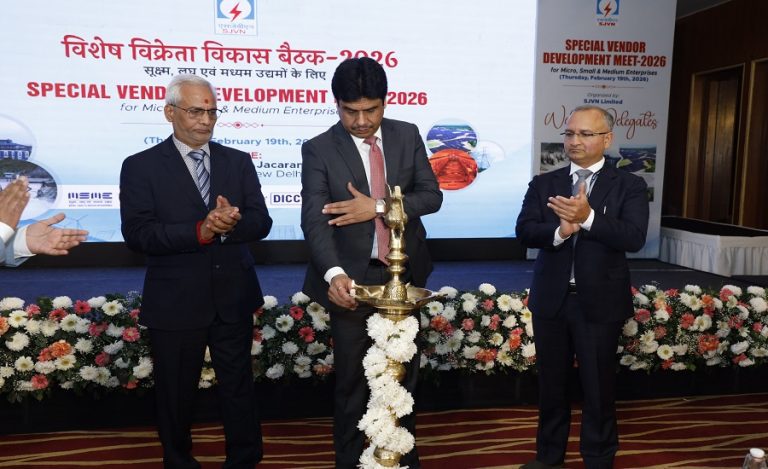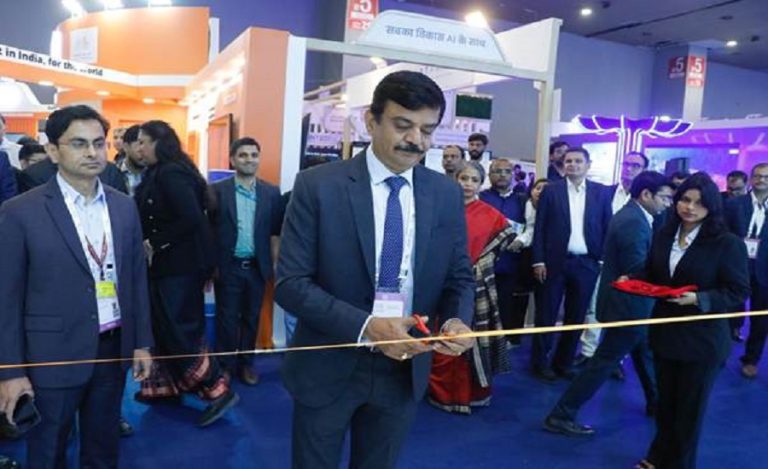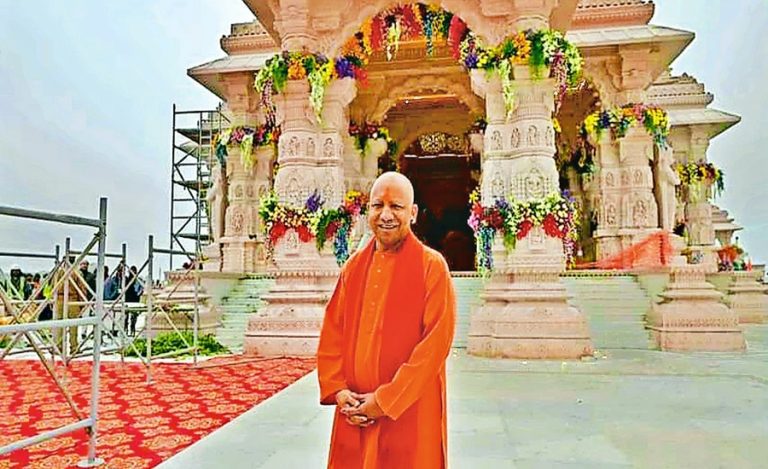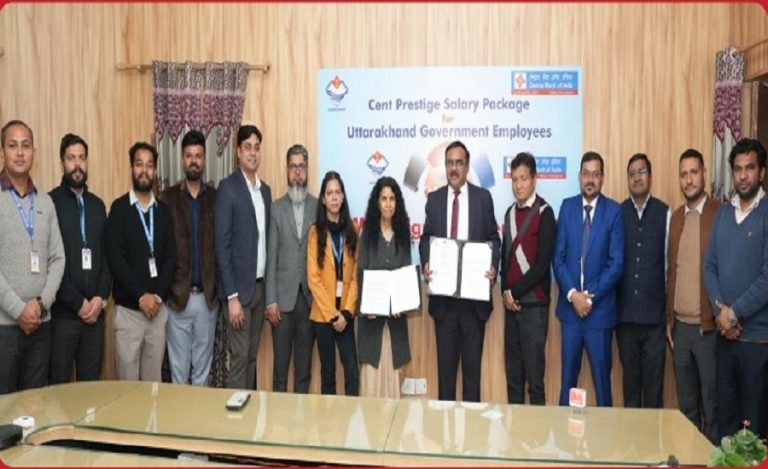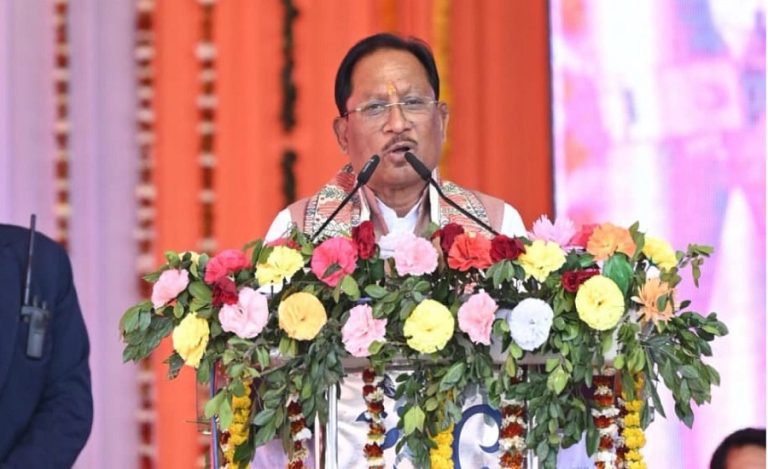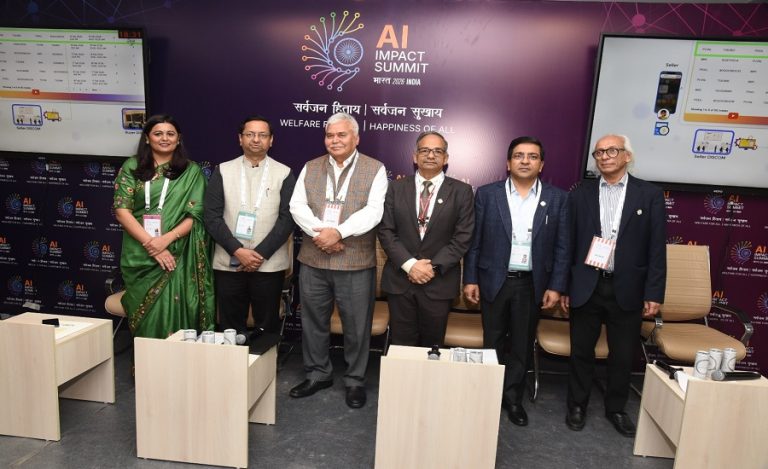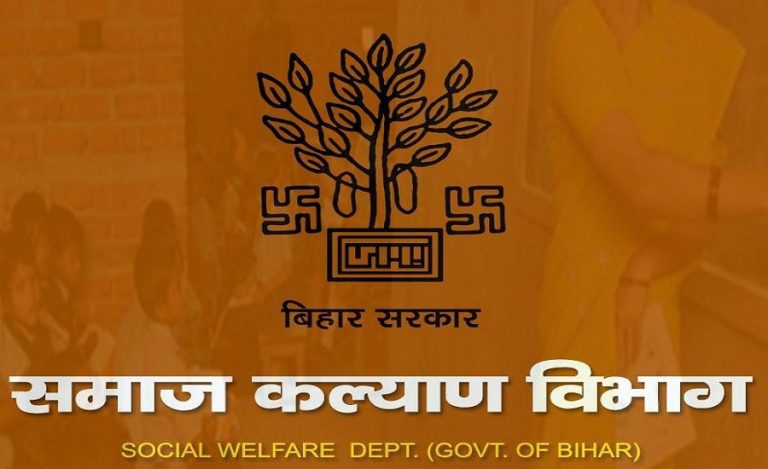New Delhi: The Supreme Court on Monday transferred all petitions challenging the Promotion and Regulation of Online Gaming Act, 2025, from Delhi, Karnataka, and Madhya Pradesh High Courts to itself. The move paves the way for the apex court to decide the constitutional validity of India’s first nationwide ban on online gaming for stakes.
Centre Seeks Consolidation of Cases
The transfer followed a petition filed by the Union government requesting consolidation of cases pending across three High Courts. Solicitor General Tushar Mehta, appearing for the Centre, argued that centralising the proceedings would “save time” and avoid conflicting rulings.
Gaming companies challenging the Act did not oppose the transfer. Senior Advocate C Aryama Sundaram, representing petitioners, welcomed the move. “We will be very happy if we get a finality if the Court hears it,” he told the bench.
Bench Allows Transfer, Directs Digital Records
After hearing both sides, a bench of Justices J. B. Pardiwala and K. V. Viswanathan allowed the government’s plea. The Court ordered all proceedings before the Delhi, Karnataka, and Madhya Pradesh High Courts to be transferred within a week, with records sent digitally.
The order stated, “Once entire records are transferred, the registry shall do the needful and list it before the Court at the earliest.”
Act Bans Online Gaming for Stakes Nationwide
The Promotion and Regulation of Online Gaming Act, 2025, was introduced in the Lok Sabha on 20 August and passed within two days by a voice vote in both Houses. It received Presidential assent on 22 August.
The Act criminalises offering or playing online games for stakes, whether skill-based or chance-based. The offences are cognisable and non-bailable. The legislation marked a shift from earlier state-specific rules, creating India’s first central law on online gaming.
Wave of Constitutional Challenges
Following its notification, several platforms including Head Digital and an online carrom operator challenged the Act in different High Courts. They argued that the law violates Articles 14 and 19(1)(g) of the Constitution.
- The Madhya Pradesh High Court issued notice to the Union government on 3 September.
- The Karnataka High Court sought the Centre’s response in a case filed by Head Digital.
- The Delhi High Court was also moved by an online gaming platform.
Government’s Arguments for Transfer
In its application, the Centre listed four reasons for consolidating the hearings before the apex court:
- Multiplicity of proceedings: Similar issues before multiple High Courts risked conflicting outcomes.
- Uniformity and certainty: A single ruling by the Supreme Court would ensure consistency.
- Constitutional importance: Challenges involve fundamental rights, Centre-State powers, and treatment of skill vs chance games.
- Expeditious justice: Consolidated proceedings would prevent delays caused by parallel hearings.
With the transfer approved, the Supreme Court will now directly hear the constitutional challenge to the 2025 Act. The matter will be listed after the records are received.
Also Read: SC Orders UPSC, Tamil Nadu to Finalize Regular DGP Appointment in Compliance with Guidelines


